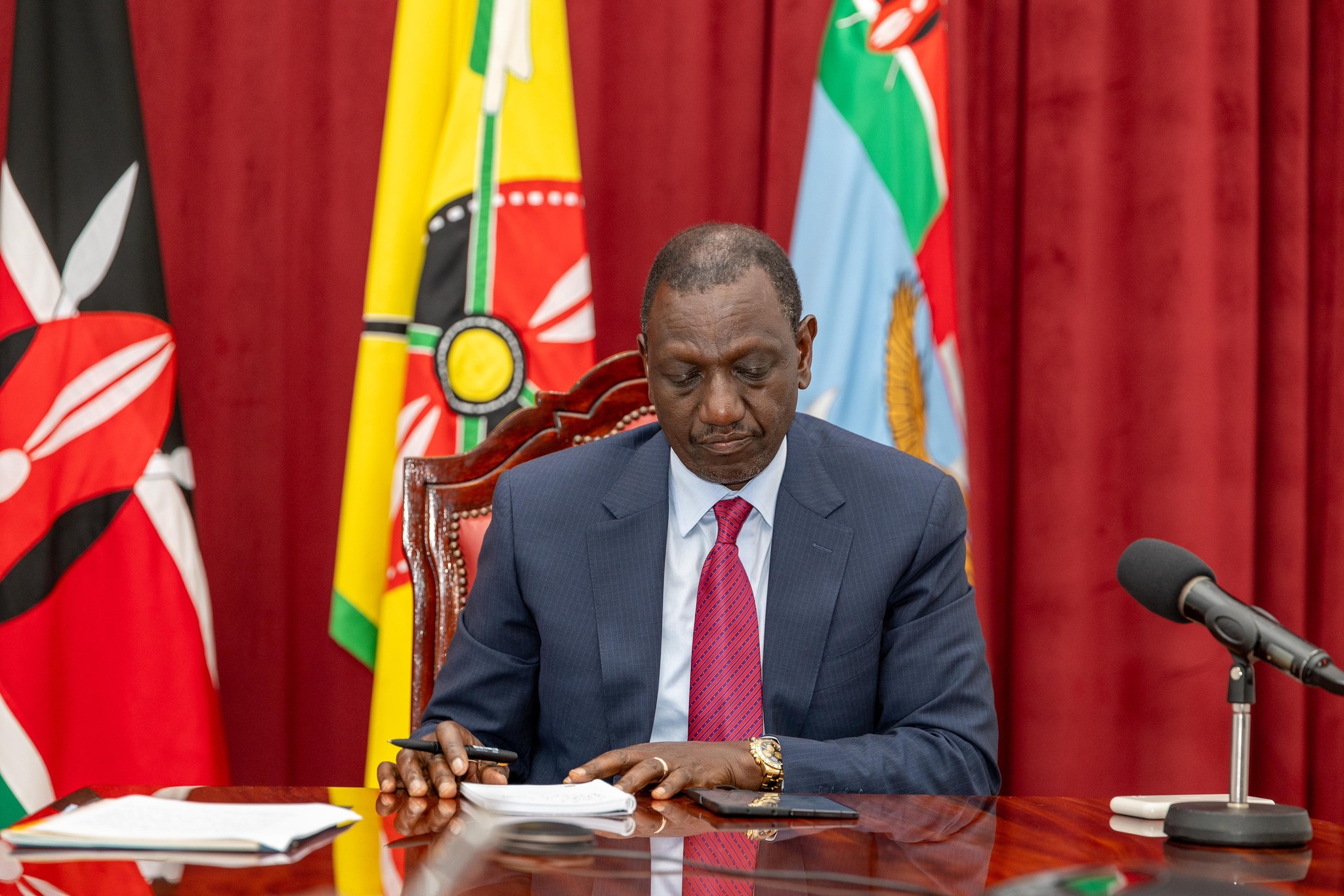
A Kenyan appeals court has ruled that a series of taxes introduced in 2023 are unconstitutional, putting a vital revenue source for the government at risk, Reuters reported.
This decision comes after the government withdrew this year’s finance bill following deadly protests.
The finance bills, introduced to Parliament at the beginning of each financial year, serve as the primary tool for the government to outline its revenue-raising strategies. This includes implementing tax increases and introducing new levies.
The 2023 version of the tax measures was contested in court after a series of violent street protests led by political opposition. The protests erupted in response to the government’s decision to use the tax law to double the value-added tax on fuel, introduce a housing tax, and increase the top personal income tax rate, among other changes.
According to Bloomberg, those taxes were expected to raise about 211 billion shillings ($1.6 billion) for the fiscal year that ended last month.
On Wednesday, a three-judge panel ruled that the taxes approved last year violated Kenya’s budget laws and that the process for enacting them was “fundamentally flawed” and unconstitutional.
The court’s verdict came in response to an appeal of a previous High Court decision late last year. The earlier ruling had largely upheld the Finance Bill, but struck out the housing levy.
In response, the government passed new legislation to continue collecting the housing tax. This new law is also currently facing legal challenges in court.
The government has the option to appeal the Court of Appeal’s ruling to the Supreme Court, which is the highest judicial authority in Kenya.
Ruto argues that the increased taxes are crucial for funding development programs and managing a significant public debt that exceeds the levels recommended by the International Monetary Fund (IMF) and the World Bank.
The government has submitted a new economic plan to the IMF, which is expected to be reviewed by the fund’s board at the end of August.










